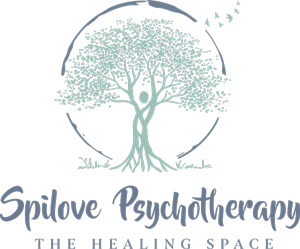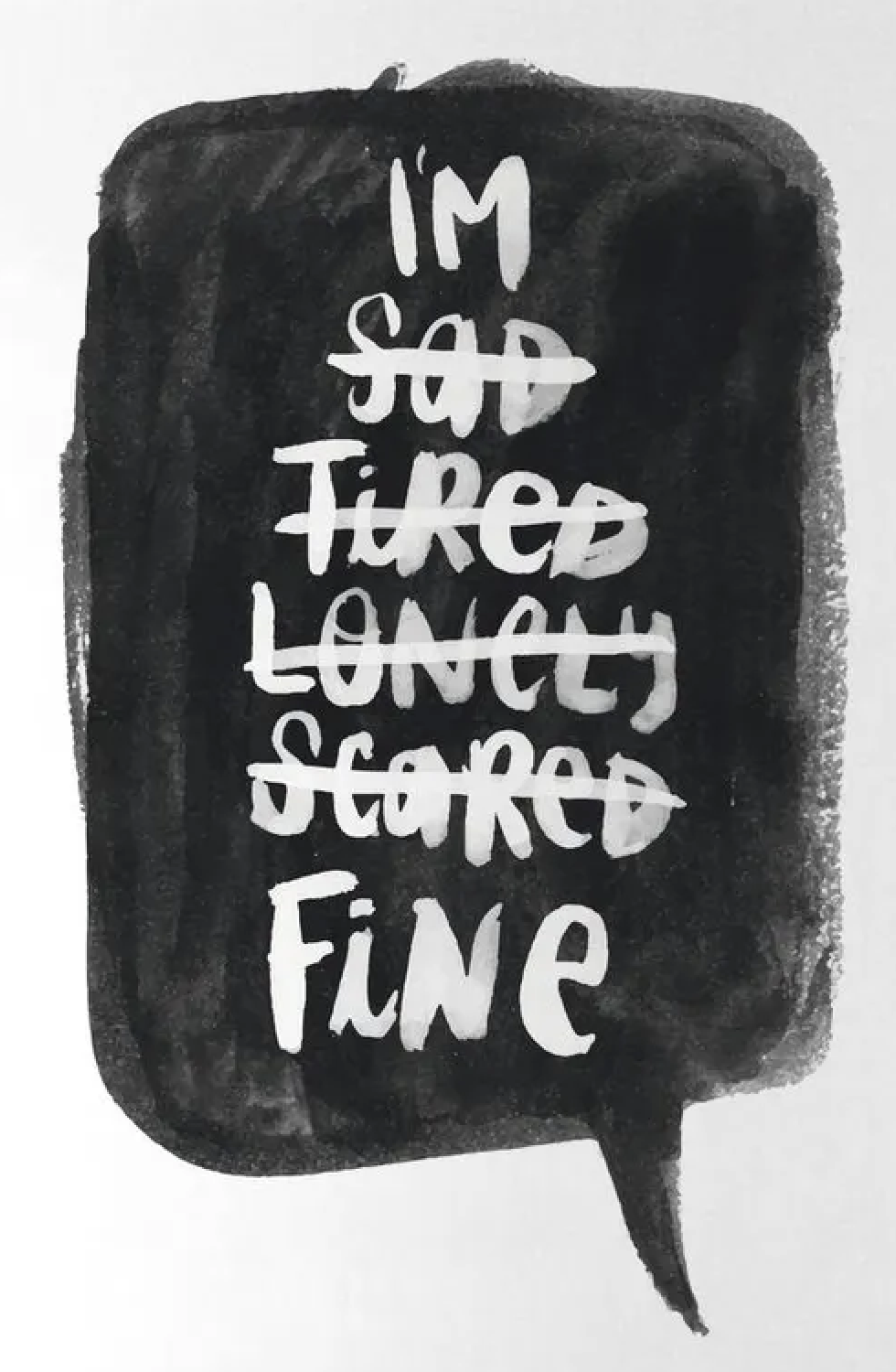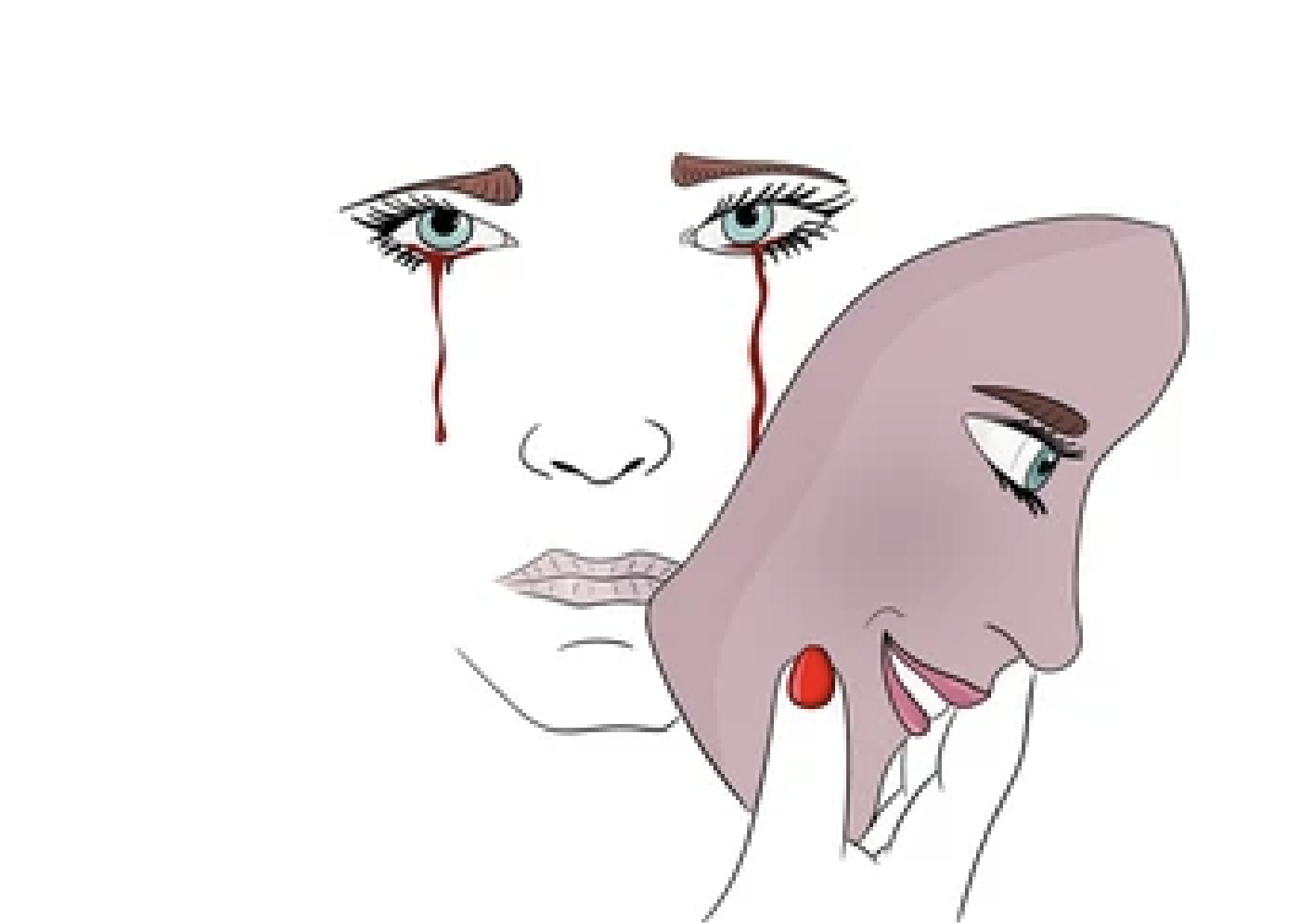Why Do We Pretend To Be Okay?
How are you? It’s one of the most common questions that we get day in and day out. And, our most common answer to that common question is, I’m fine.
It’s short, it's sweet and we say it all the time. But, think about it, are you really fine? Is it actually true?
What if your marriage is a wreck or your kids are hard to parent?
What if you feel stuck mentally, emotionally or spiritually?
What if addiction or an eating disorder has taken over your life?
What if you're depressed, anxious or overwhelmed?
What if you have thoughts of ending it all?
Why do we pretend to be okay?
Pretending to be okay is something that has become normalized. By saying everything is okay, when it really isn’t, we have this hope that we can maybe convince others (and even ourselves for that matter) that everything really is okay. But pretending we don’t have any problems, difficult emotions or conflicts in reality denies our true feelings and experiences.
We feel the pressure to put on this ‘facade’ or image to the rest of the world that everything is alright.
We have this distorted view that we need others to believe that everything in our world is great! But deep down, we might be struggling, our lives might feel unmanageable, and we aren’t perfect and that feels terrifying to admit.
It’s a lot easier to deny reality, then choose to radically accept what is true.
And trust me, it is completely understandable (and normal) to deny the gravity of the eating disorder, addiction, troubled marriage, traumatic memories and difficult thoughts and feelings. We are afraid of the shame, guilt, judgment or embarrassment that might come if people knew the truth.
Which is why we continue with the cycle of pretending to be okay. It feels too scary, even downright overwhelming to acknowledge our problems, let alone face them! As scary as it might be, think about it, how long can you go ignoring your feelings or experiences? Will the problem just become bigger overtime?
Why do we say I’m fine when we really aren’t?
Pretending to be fine to avoid conflict or our feelings is something we often learn during childhood. We put on the ‘I’m fine’ mask to shield ourselves from the painful feelings or emotions that might be stirred up within us because that is what feels safe to us.
Maybe you weren’t ever taught (or allowed for that matter) to deal with your emotions. Think about it for a moment. Did you grow up in an environment where it was hard to express your emotions? Were you told to stop crying? Maybe you were punished when you expressed your feelings or perhaps your feelings were just flat out ignored.
As a result of these experiences, you were from a very young age taught to suppress your feelings.
Which makes it difficult now, as an adult, to not only not understand how you truly feel but has maybe even caused you to turn to alcohol, drugs, food or other compulsive behaviors to cope with your confusing feelings.
So many years now, you’ve become so used to suppressing and numbing your feelings and experiences because you might not know how you truly feel and/or you feel that your emotions aren’t important, which is why you can’t ask for help. Which is why it’s become easier to say I’m fine and ignore our feelings, problems and experiences.
Here are some tips to start moving from I’m fine to I need support.
If you feel you’ve been denying your feelings, thoughts, emotions, and/or experiences, you don’t have to do it anymore. It’s okay not to be fine, it’s okay not to be okay. You don’t have to be in denial anymore about your struggles or your hurt.
Being more honest with yourself–If you're not ready to share your feelings and experiences with others, that's okay. The first step you can take is acknowledging your feelings, thoughts and experiences yourself. Maybe you need to admit or radically accept that you aren’t okay or not coping well with life right now. Giving yourself this space to be honest with yourself, shows great strength.
Stop pretending–It is better to be your authentic imperfect self, than it is to pretend to be something you aren’t! So, if you are struggling, don’t hide it, don’t apologize for it, and don’t judge yourself for struggling. Find ways to support yourself, rather than pretending.
Pick one safe person to be open with–Develop a relationship with someone where you feel safe to share more openly and honestly about your struggles.
Stop comparing yourself to others–Others don’t know what's going on in your life, so don’t have the unrealistic thought that others know what is happening in yours. It doesn’t serve you to compare yourself to others and how they portray themselves to you because chances are they might be struggling too.
Stop putting everyone else’s needs ahead of yours–Self-care isn’t selfish! We have to take care of our own mental health before we can care for others. Make yourself a priority every day by giving yourself time and space to be with yourself.
Contact a therapist or mental health professional–If you want space and support, work with a mental health specialist to unpack why you feel you need to pretend to be okay or fine. Working with a therapist could be a great way to get to the undercurrent of why you feel you need to do this.






